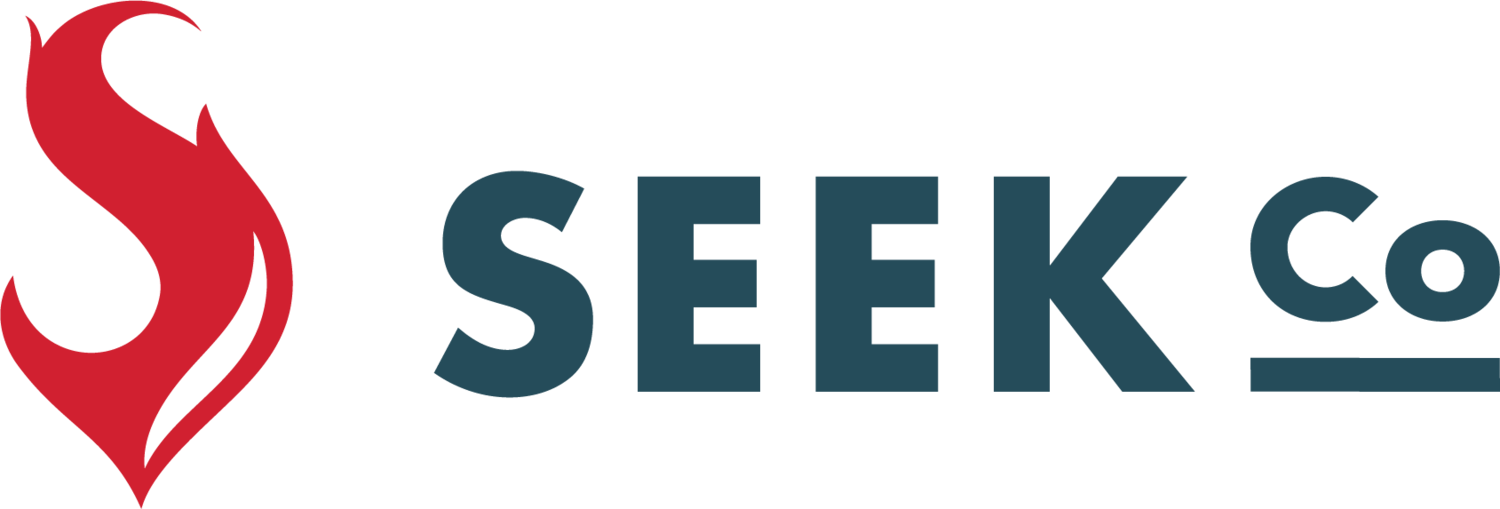The Power and Perils of Taking a Stand on Social Issues
[Photo Credit: Anti-Apartheid Rally, June 14, 1986, NYC (Library of Congress)]
The Anti-Apartheid Boycott was an international movement opposing racial segregation in South Africa from the 1960s to the 1990s. Coca-Cola faced criticism and pressure as it operated in South Africa during the apartheid era. Activists called for a boycott of Coca-Cola products, accusing the company of indirectly supporting the discriminatory regime. Under mounting public pressure and financial losses, Coca-Cola withdrew its operations from South Africa in 1986, marking a victory for the anti-apartheid movement and showcasing the impact of consumer activism on corporate decisions and social change.
Coca-Cola Boycott
Consumers using their buying power to inspire corporate responsibility and social change isn’t anything new. However, the anti-apartheid movement, for example, took decades to organize, and activists put in enormous amounts of effort and time to make a positive difference.
In a world where humans couldn’t conceive of the internet as it operates today, let alone social media, a cause had to be extremely worthwhile for people to dedicate the time and energy it took to influence corporations one way or another. Today, however, a clever hashtag can spread like wildfire and influence consumer decisions and, in turn, a company’s bottom line. Any perceived misstep could potentially cause a company millions of dollars in sales. It does not help that America finds itself in a full-blown culture war where any number of topics can cause conflict and derision.
Some surveys suggest consumers, especially younger ones, demand companies take a stance on social issues, while others suggest that people want companies to stay quiet. Navigating these waters can be tricky; some have done it more successfully than others. Nonetheless, here at SEEK, two decades of conducting empathic research have taught us that you cannot go wrong when you design products and marketing campaigns that center on core human needs.
On its surface, we seem to be fighting over issues like politics and identity. However, digging deeper, we may find that underneath our public discourse lies needs like love, belonging and emotional security. Unlike the anti-apartheid campaign movement, today’s social media movements tend to be tenuous, suggesting that some of it is inspired by a fleeting emotion instead of a deep desire for social change. If we take a moment to think about and explore what is really bothering us, our public discourse may sound different.
At SEEK, we help companies understand what lies beneath the surface and help them speak to that. Our insights last longer and are more impervious to the surface-level outrage that currently rules the day. Our methodologies are designed to keep the human at the center and go beyond an initial thought or feeling. They are designed to excavate core human truths. Truths that resonate on a deeper level, plowing through cheap cynicism and selective outrage. Let us help you discover your consumer's core truth and avoid the pitfalls of the current social media landscape.


